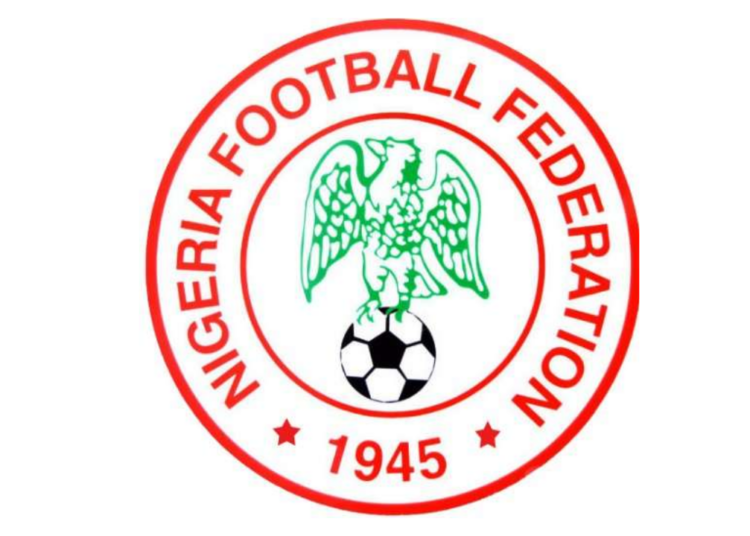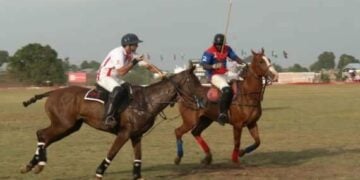In light of the Nigeria Football Federation’s (NFF) recent declarations regarding its financial dealings with FIFA and CAF, stakeholders within the football community have raised critical questions regarding the federation’s transparency and accountability.
This comes after the NFF felt it necessary to clarify misconceptions surrounding the funds it receives from these international bodies, which they insist are earmarked for specific projects rather than being free grants.
The NFF, in a statement released by the director of communication, Dr Ademola Olajire, asserting that funds are tied to clearly defined purposes, responding to burgeoning speculation on social media suggesting that the federation receives “millions of dollars” as yearly gifts. Central to the debate is the Birnin Kebbi Mini Stadium, recently highlighted by FIFA on its social media, which has been criticised for its substandard quality despite significant funding.
Such claims, NFF argued, misrepresent the reality of their financial protocols. They emphasised that every amount received is scrupulously audited and attached to defined projects, with FIFA and CAF auditors reviewing these funds annually.
Harrison Jalla, the chairman of the Professional Footballers Association of Nigeria task force, who has been vocal in questioning the NFF’s credibility, stated, “I have written extensively on the FIFA funds over time. In fact, all that is circulating on the internet originates from my findings. The NFF’s response raises more questions than answers. What specific projects are these funds attached to? Is there transparency in whether the funds support administrative costs, female football development, or grassroots initiatives?”
Jalla is not the only stakeholder expressing concern. Former chairman of the Gombe State Football Association and seasoned sports critic, Ahmed Shuaibu Gara Gombe, refrained from commenting further. “I am not ready to talk or comment about NFF finances or issues,” he declared.
“To be candid, our sports is full of hypocrisy and hypocrites. When I was shouting about the stealing and corruption under Amaju Pinnick, I was a lonely voice. Now that he is gone, people have suddenly found their voices.”
The NFF has tried to assure the public of its stringent financial management, stating that FIFA Forward projects, such as the ongoing NFF/FIFA Players’ Hostel and new training pitches at the MKO Abiola National Stadium, are meticulously monitored. They insisted that funds are released only after thorough assessment and verification of each project stage by FIFA-approved consultants.
The NFF highlighted its adherence to global financial best practices, regularly presenting audited accounts, prepared by PriceWaterhouseCoopers, at its annual general assemblies. Yet, this has not quelled the scepticism among stakeholders who are demanding further accountability, particularly in light of claims regarding the staggering costs associated with operating national team matches.Jalla and other critics are calling for a more detailed disclosure of how much funding was received under the FIFA Forward 1 and 2 projects, especially as Nigeria approaches the FIFA Forward 3 initiative.
“The government must acknowledge that the only effective solution to rescue Nigerian football may involve a complete overhaul of the NFF,” he concluded.As the debate surrounding the NFF’s financial practices continues, the need for transparency and accountability in the administration of football in Nigeria has never been more pressing. With stakeholders demanding answers, the NFF will need to address these concerns to restore confidence in its governance and operations moving forward.



